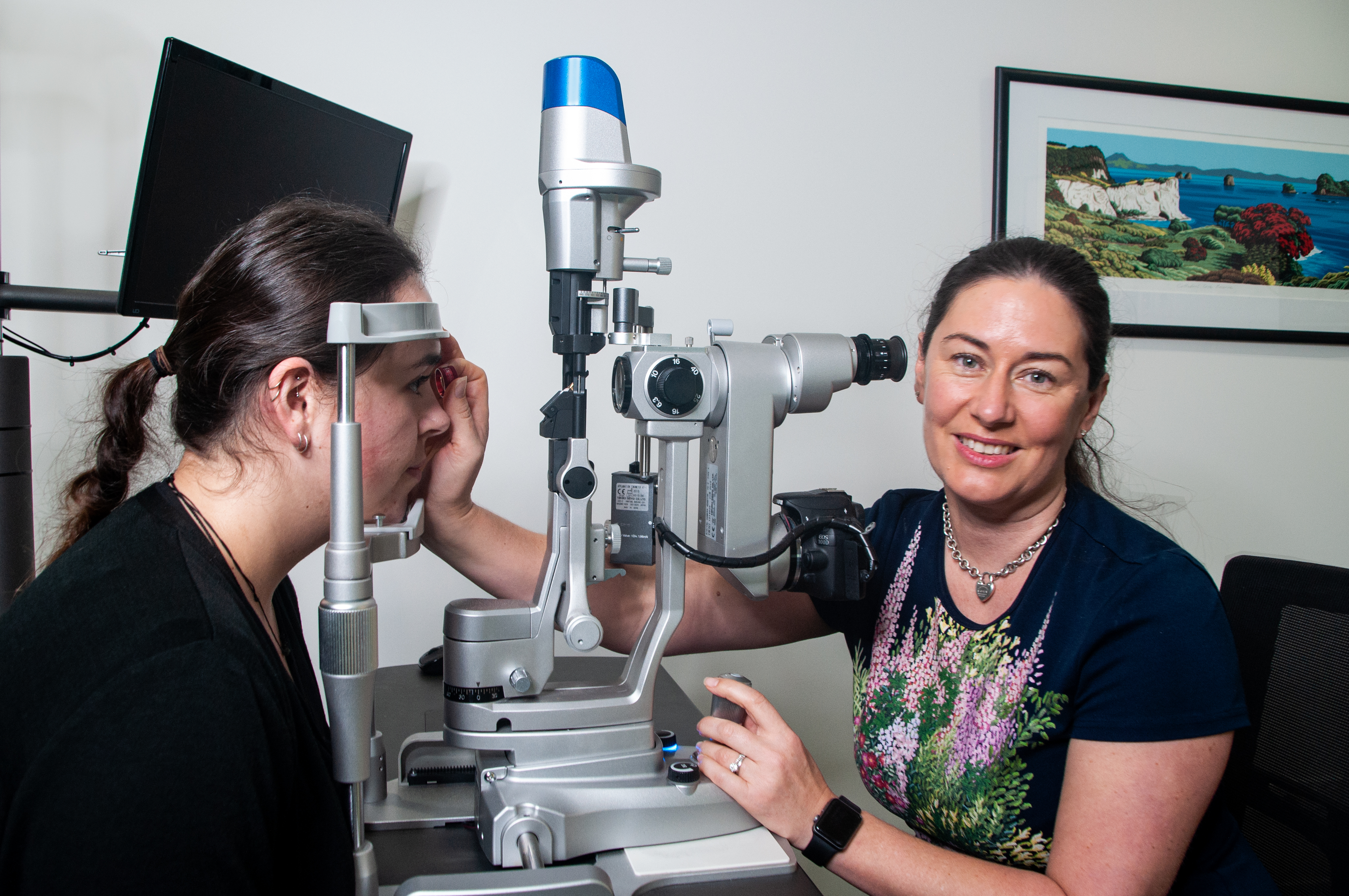Supporting New Zealanders Living with Glaucoma
Helping Kiwis navigate glaucoma with knowledge, community support, and resources that empower people to manage their vision health.

Glaucoma is a serious eye condition that can lead to vision loss and blindness if left untreated. It is often associated with increased intraocular pressure (IOP), which can damage the optic nerve over time. While the exact cause of glaucoma isn’t always clear, several risk factors and underlying conditions contribute to its development. In this blog, we will explore the primary causes of glaucoma and what you can do to protect your vision.
One of the leading causes of glaucoma is elevated eye pressure. The eye constantly produces a fluid called aqueous humour, which drains through a mesh-like channel. When this drainage system becomes blocked or inefficient, fluid builds up, increasing pressure inside the eye. Over time, this elevated pressure can damage the optic nerve, leading to vision loss.
Glaucoma tends to run in families, suggesting a strong genetic component. If you have a family history of glaucoma, your risk of developing the condition increases. Certain genetic mutations have been linked to different types of glaucoma, such as primary open-angle glaucoma (POAG) and congenital glaucoma.
Age is a significant risk factor for glaucoma. Individuals over the age of 60 are at higher risk, as natural ageing processes can affect the efficiency of the eye’s drainage system. Older adults should have regular eye exams to monitor for signs of glaucoma.
Certain medical conditions can increase the risk of developing glaucoma. These include:
Eye injuries, such as blunt force trauma or penetrating injuries, can lead to secondary glaucoma by disrupting the normal fluid drainage system. Even past injuries that seemed minor can result in delayed glaucoma development.
Long-term use of corticosteroids, especially in eye drop form, can increase intraocular pressure. Patients using these medications for conditions like asthma, arthritis, or skin disorders should have their eye pressure monitored regularly.
Some individuals are born with thinner corneas or more fragile optic nerves, making them more susceptible to damage from intraocular pressure fluctuations. Eye specialists can assess corneal thickness and nerve health during comprehensive eye exams.
Certain ethnic groups have a higher risk of developing glaucoma. For example:
While some risk factors for glaucoma, such as age and genetics, are beyond your control, there are steps you can take to lower your risk:
Glaucoma is a complex condition with multiple contributing factors. By understanding its causes and risk factors, you can take proactive steps to protect your vision. Regular eye exams and early detection are key to preventing significant vision loss. If you are concerned you are at risk for glaucoma, book a consultation with one of our Glaucoma specialists to develop a personalised eye health plan.

Helping Kiwis navigate glaucoma with knowledge, community support, and resources that empower people to manage their vision health.

We are delighted to celebrate a milestone for Dr Rachael Niederer, who has been promoted to Associate Professor at the University of Auckland.

Let’s explore the science and the wonder behind these tiny but powerful organs.